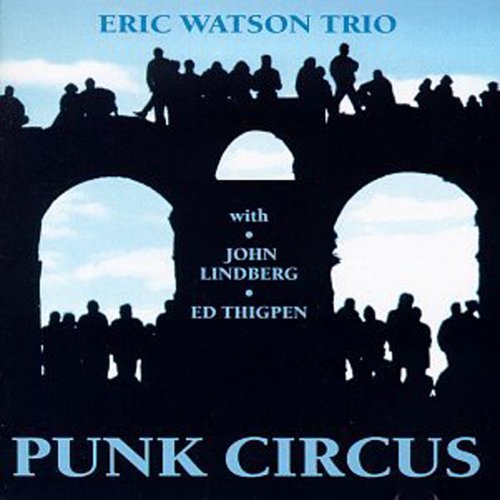King Crimson - Lizard (2015) Hi-Res
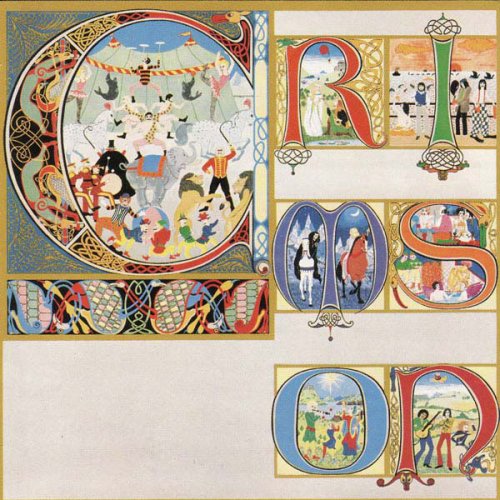
Artist: King Crimson
Title: Lizard
Year Of Release: 2015
Label: Discipline Global Mobile
Genre: Rock, Prog Rock
Quality: FLAC (tracks) 24bit-44.1kHz
Total Time: 59:25
Total Size: 607 Mb
WebSite: Album Preview
Tracklist: Title: Lizard
Year Of Release: 2015
Label: Discipline Global Mobile
Genre: Rock, Prog Rock
Quality: FLAC (tracks) 24bit-44.1kHz
Total Time: 59:25
Total Size: 607 Mb
WebSite: Album Preview
1. Cirkus (including Entry of the Chameleons) (6:27)
2. Indoor Games (5:38)
3. Happy Family (4:23)
4. Lady of the Dancing Water (2:47)
5. Lizard (Prince Rupert Awakes/Bolero/The Battle of Glass Tears/Big Top) (23:20)
6. Studio Sessions: Cirkus (Runthrough)/Lady of the Dancing Water (alt. take) (10:05)
7. Bolero (remix from Frame By Frame) (6:45)
Lizard is King Crimson's jazziest album. They had played with it before, but here the jazz/jazz fusion takes over pretty much completely. But that isn't revealed just yet; with the opening track Cirkus (they used a "k", how edgy!) A typical opener for Crimson, with the same menacing feel as other openers like One More Red Nightmare (Red, 1974) and 21st Century Schizoid Man (1969, In the Court of the Crimson King), but starts out nicely enough to dismiss that thought. With a jingling piano it starts out but suddenly bursts into a Mellotron lead evil-sounding theme, the orchestral sounds sound very artificial so it sounds like a loop or sample heard in electronic music. Guitarist Robert Fripp evocates incredible classical style guitar playing in Cirkus; he spreads his nylon stringed noise throughout the song.
Indoor Games and Happy Family both flow together nicely, both with honky-tonk piano, funny sounding horns, and a jazz vibe mixed with strange themes. Both get lost at some point in the song, in a mess of free style jazz lead by the piano and horns, Fripp's guitar, surprisingly enough, is left out. But undoubtedly the thing that gives Lizard that really strange edge, are Gordon Haskell's vocals. He replaced Greg Lake (future Emerson, Lake & Palmer front man, another big name in 70s prog) during the recording of In the Wake of Poseidon, which was unfortunate since Lake's raw voice was probably the best King Crimson ever had in their long history of swapping singers. Haskell's voice sounds like an old hippy running around singing about LSD-induced fairy tales. It's shaky, deep and even goofy. The short acoustic, transition track The Lady of Dancing Water is really the only time he sings somewhat 'properly'.
Lizard, the album's closer, is really the whole point of this album. It's unlike any other epic King Crimson had done before, virtually guitar-free and is horn/Mellotron/piano lead. The first movement a) Prince Rupert Awakes is sung by none other than Yes front man Jon Anderson, which helps makes it have the most catchiness and melody on the entire album. It's the most linear movement of the album as a song, because by the second movement the horn guided jamming returns, but much more elegant and organized than previous jams, and not as jazzy. The first movement is the last place you'll clearly hear guitar for quite a while in this 23 minute semi-suite, quietly accompanying Anderson's vocals throughout the verses and some cool guitars parts played backwards. The third section/movement c) The Battle of the Glass Tears is the biggest one, divided into three sub-sections, the first a quiet song featuring some Jethro Tullesque flute that reintroduces Haskell's voice, the second a grand revisiting of symphonic noise reminiscent of Cirkus. The third is the bass and drums providing a solemn rhythm while guitarist Robert Fripp finally comes back into the spotlight and plays a slow electric guitar solo. The drumming has gotten less interesting since Michael Giles left after Crimson's second album, replaced by Andy McCulloch, who fills aren't as captivating. The bass is also a bit of a snooze, an instrument that plays big roles in Crimson's other albums. Lizard ends with the Big Top, a small reprise of the piano heard in Cirkus, along with the horn section noodling around.
Lizard is a hard album to get into, especially if you've only heard their more hard rock stuff. The title track is specifically more difficult, not being a conventional progressive rock epic. But that's what I love about this album, that iy's very different and fascinating in way. Once you do learn to appreciate it, it's very easy to listen to it again and again. While Lizard is a departure from King Crimson's previous album, that previous album wasn't very interesting anyway, being a copy of their debut.
Indoor Games and Happy Family both flow together nicely, both with honky-tonk piano, funny sounding horns, and a jazz vibe mixed with strange themes. Both get lost at some point in the song, in a mess of free style jazz lead by the piano and horns, Fripp's guitar, surprisingly enough, is left out. But undoubtedly the thing that gives Lizard that really strange edge, are Gordon Haskell's vocals. He replaced Greg Lake (future Emerson, Lake & Palmer front man, another big name in 70s prog) during the recording of In the Wake of Poseidon, which was unfortunate since Lake's raw voice was probably the best King Crimson ever had in their long history of swapping singers. Haskell's voice sounds like an old hippy running around singing about LSD-induced fairy tales. It's shaky, deep and even goofy. The short acoustic, transition track The Lady of Dancing Water is really the only time he sings somewhat 'properly'.
Lizard, the album's closer, is really the whole point of this album. It's unlike any other epic King Crimson had done before, virtually guitar-free and is horn/Mellotron/piano lead. The first movement a) Prince Rupert Awakes is sung by none other than Yes front man Jon Anderson, which helps makes it have the most catchiness and melody on the entire album. It's the most linear movement of the album as a song, because by the second movement the horn guided jamming returns, but much more elegant and organized than previous jams, and not as jazzy. The first movement is the last place you'll clearly hear guitar for quite a while in this 23 minute semi-suite, quietly accompanying Anderson's vocals throughout the verses and some cool guitars parts played backwards. The third section/movement c) The Battle of the Glass Tears is the biggest one, divided into three sub-sections, the first a quiet song featuring some Jethro Tullesque flute that reintroduces Haskell's voice, the second a grand revisiting of symphonic noise reminiscent of Cirkus. The third is the bass and drums providing a solemn rhythm while guitarist Robert Fripp finally comes back into the spotlight and plays a slow electric guitar solo. The drumming has gotten less interesting since Michael Giles left after Crimson's second album, replaced by Andy McCulloch, who fills aren't as captivating. The bass is also a bit of a snooze, an instrument that plays big roles in Crimson's other albums. Lizard ends with the Big Top, a small reprise of the piano heard in Cirkus, along with the horn section noodling around.
Lizard is a hard album to get into, especially if you've only heard their more hard rock stuff. The title track is specifically more difficult, not being a conventional progressive rock epic. But that's what I love about this album, that iy's very different and fascinating in way. Once you do learn to appreciate it, it's very easy to listen to it again and again. While Lizard is a departure from King Crimson's previous album, that previous album wasn't very interesting anyway, being a copy of their debut.
download hi-res
ISRACLOUD
ISRACLOUD
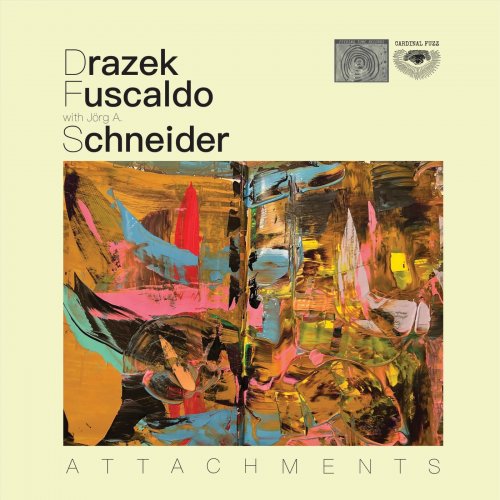
![Clifton Chenier - Squeezebox Boogie (1999) [Hi-Res] Clifton Chenier - Squeezebox Boogie (1999) [Hi-Res]](https://img.israbox.com/img/2025-12/20/cmlfho2wfdjon4pewnwrm16l7.jpg)
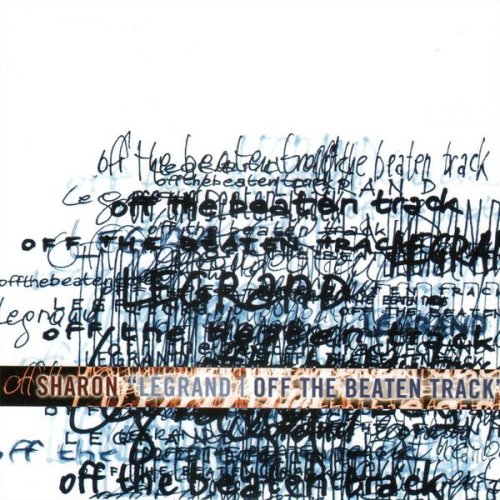
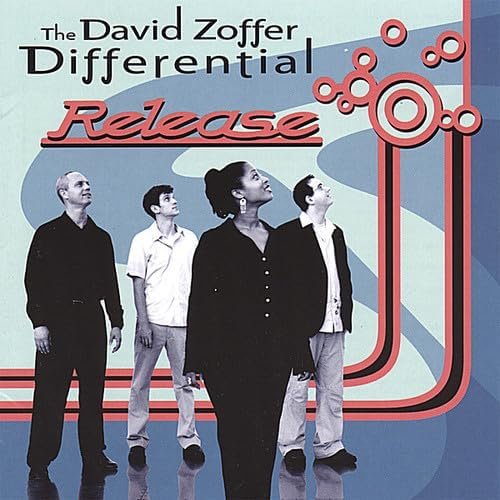
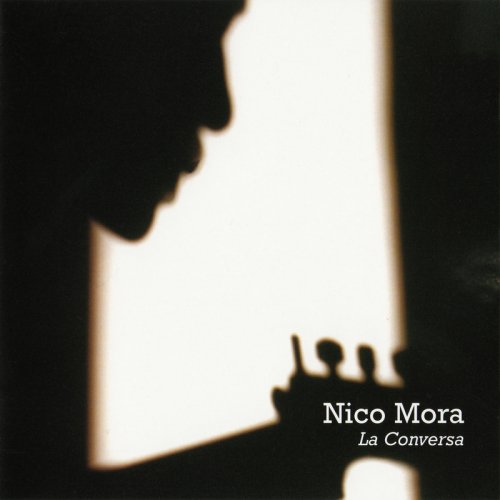
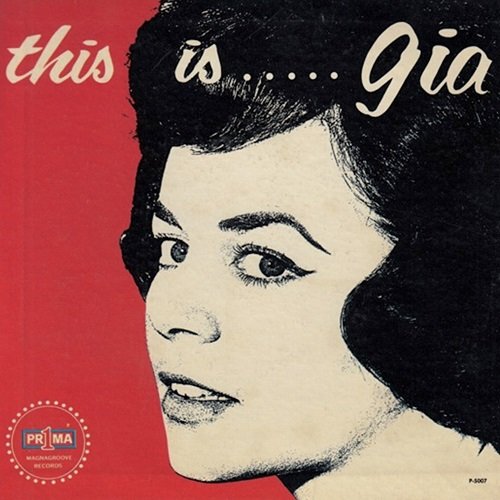
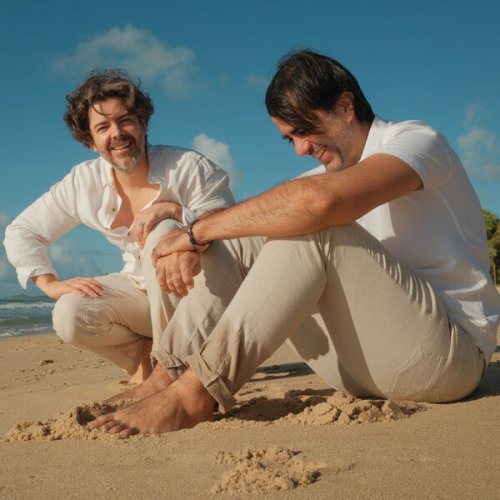
![Dave Bainbridge - ON THE EDGE (OF WHAT COULD BE) (2025) [Hi-Res] Dave Bainbridge - ON THE EDGE (OF WHAT COULD BE) (2025) [Hi-Res]](https://img.israbox.com/img/2025-12/18/7l4en830rpyaxdtr7izc3qrx6.jpg)
